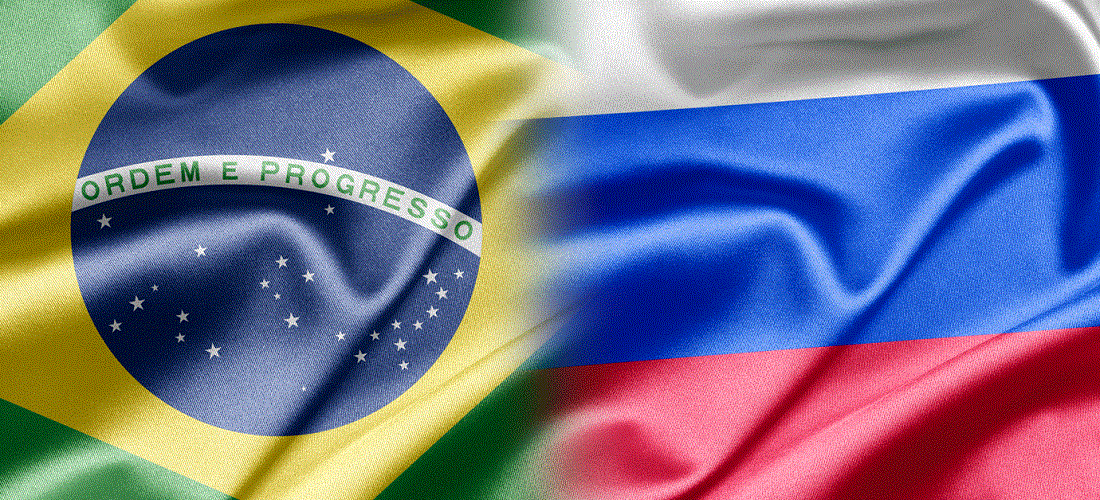
Russian companies claim ‘force majeure’ to suspend sales
Mar, 03, 2022 Posted by Gabriel MalheirosWeek 202209
The conflict in Eastern Europe began to impact Brazilian agriculture directly. According to market sources, firms have suspended sales of agricultural products and inputs from Russia to Brazil due to “force majeure” circumstances caused by the war’s unfolding and the imposition of economic sanctions on Vladimir Putin’s country.
According to Russian sources, the country’s fertilizer companies like Uralkali and PhosAgro, are not signing new contracts with Brazilian customers for future sales, even though they have not received any official guidance from the Kremlin to stop trade with Brazil, nor have they completely halted exports.
Brazil primarily imports fertilizers from Russia, such as potash and urea, and sends products such as soybeans, chicken, and beef to the Russian market. Exporters have been on high alert since the outbreak of the combats in Ukraine last week, but the situation has deteriorated in recent days.
The use of the force majeure clause affects future contracts as well as ongoing commitments. Negotiations are hampered by port restrictions and Russian banks’ withdrawal from Swift, the global interbank payments system.
Lawyer Frederico Favacho, a partner at Santos Neto, advises Brazilian business people to review contracts with Russia and assess potential consequences carefully. “In theory, we’re in a situation where firms can invoke the force majeure clause. Therefore, everyone needs to hurry up and study the contracts,” he said.
However, the effects are not linear and will be inconsistent from case to case. The tendency is that only Russian agents will be able to invoke the force majeure clause since Brazilian exporters make FOB contracts, which oblige the delivery of cargo. “If the vessel is not named in the contract, it is the importer who claims force majeure,” explained Favacho.
Brazilian exporters who are required by contract to deliver cargo in Russia and are experiencing difficulties caused by the embargoes or the closure of Russian ports have the option of determining whether there is force majeure in action.
The scenario tends to further raise costs in global trade, with demurrage payments and other impacts on shipping.
Source: Valor Econômico
To read the full original article, please see:
-
Ports and Terminals
Sep, 04, 2019
0
Port of Pecém concludes expansion of dangerous cargo area
-
Grains
Nov, 04, 2024
0
Brazil’s corn ethanol sector to prospect DDG opportunities in Colombia
-
Other Logistics
Feb, 16, 2024
0
Rumo’s Central Rail Line To Commence Regular Operations in Brazil
-
Ports and Terminals
Aug, 13, 2024
0
Opinions split as industry addresses contentious new container terminal in Santos Port


